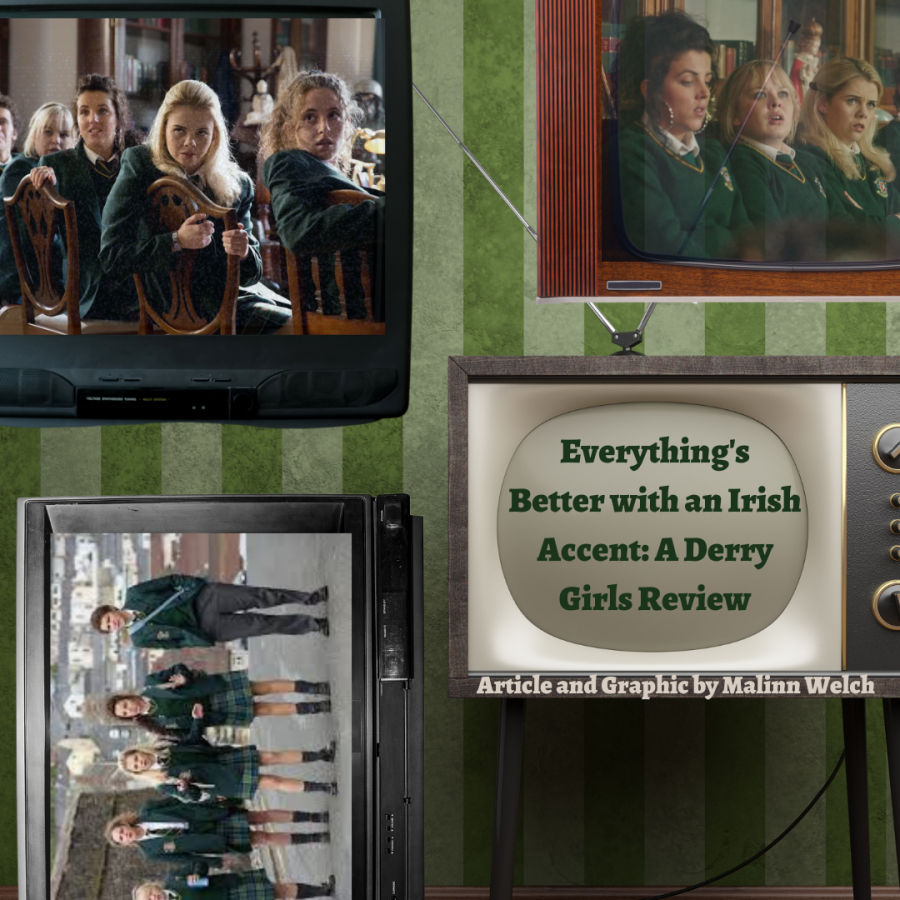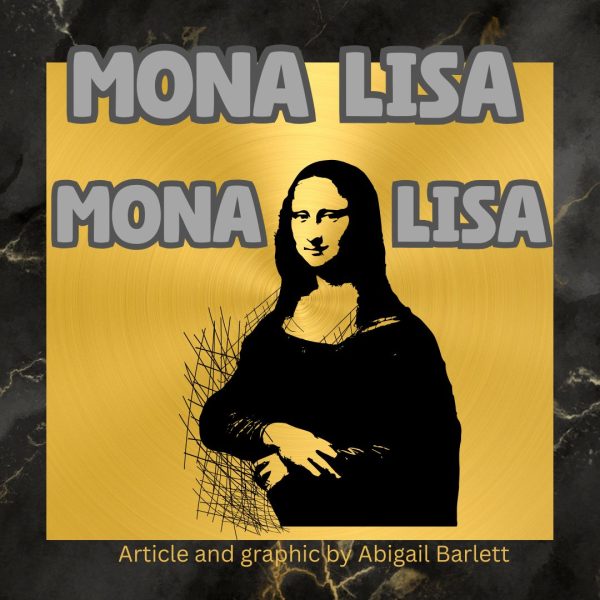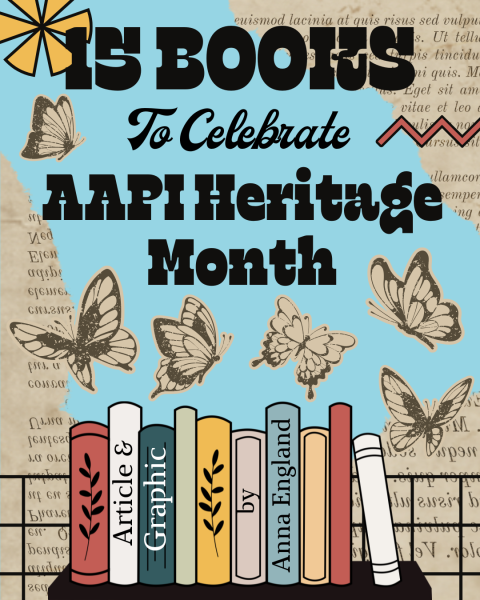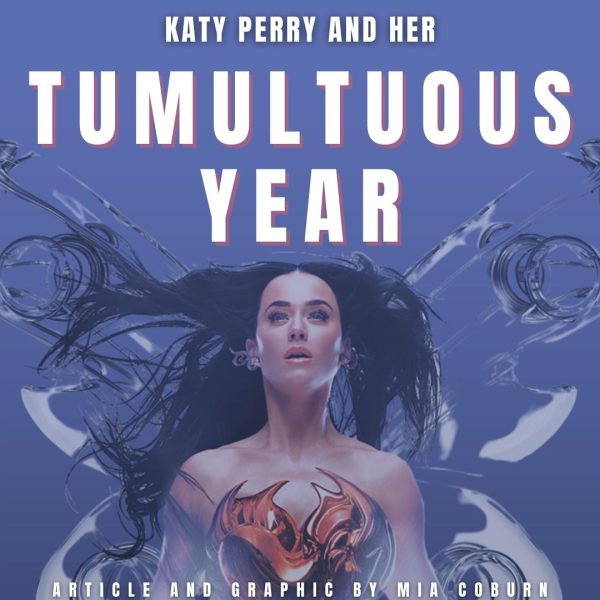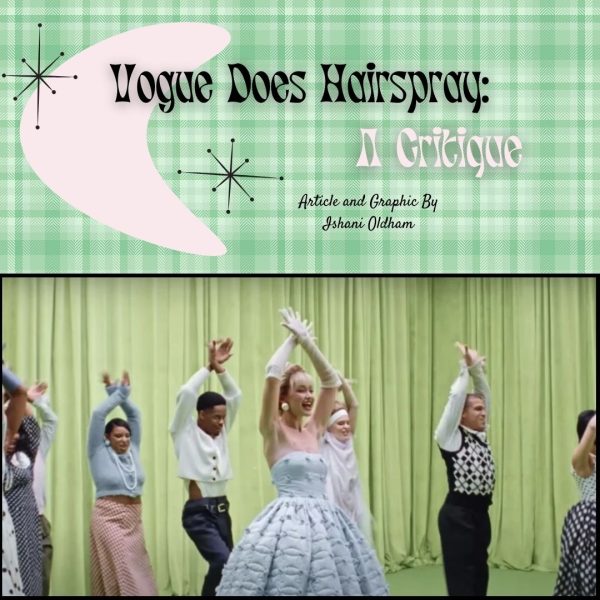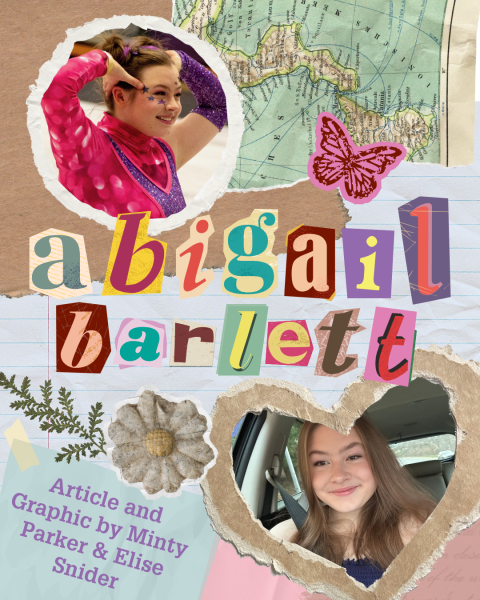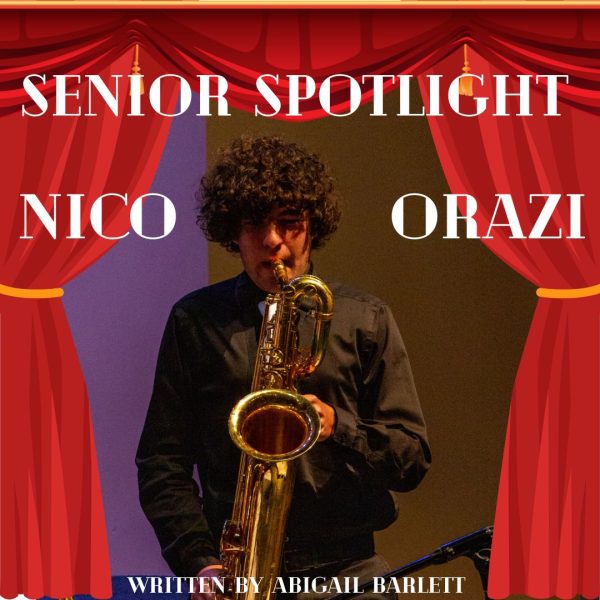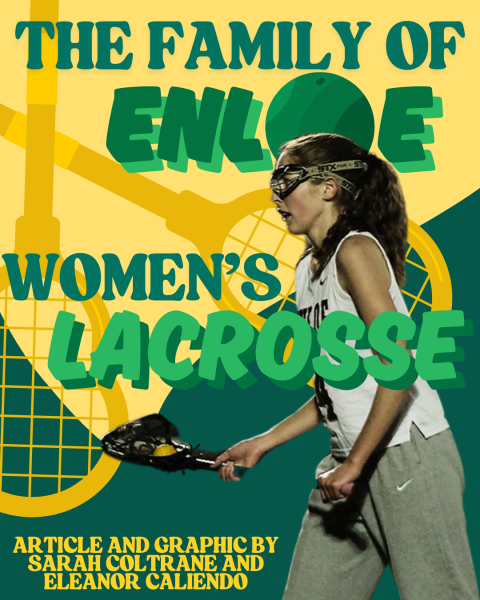Everything’s Better with an Irish Accent: A Derry Girls Review
Erin, Claire, Orla, Michelle, and James, better known as the beloved Derry Girls, are always skint on time, money, and good ideas. The nuns at their Catholic all-girls school range from apathetic to angelically abominable. Their parents are all too concerningly unconcerned with their actions, wrapped up in the Troubles, Northern Ireland’s sectarian conflict. British Army checkpoints, a soundtrack dominated by The Cranberries, and a subtle dose of Catholic guilt leads to the comedic genius of Derry Girls. Each episode is filled with solipsistic tomfoolery, centered on the restless sixteen-year-olds of Derry (or Londonderry if you ask the British). As an avid re-watcher of the series, one thing is clear to me; everything’s better with an Irish accent.
Derry Girls follows four girls and their English sidekick, James. Erin believes herself to be a literary genius, particularly sophisticated and miles above her pedestrian contemporaries with passing references to Austen and Dickenson. Orla, Erin’s oddball cousin, is a step aerobics protege and borderline pyromaniac, with a nasty habit of stealing Erin’s diary and reading it aloud. The “brains” and subsequent worry of the group, Claire, strives for academia, feeling disparaged by the intellectual woes of the group. Michelle, the all too often spouter of ingeniously phrased expletives, acts as the peer-pressuring organizer. Planning hijinks of accidental arson, less-than-legal substances, and profound thievery, Michelle rallies the ban of Derry girls with a subtle usage of “fanny” or all to pointed insults about James’ English accent. Rounding out our group of five is James Maguire, cousin to Michelle. James is lovingly referred to as “The Wee English Fella”, fielding various “Englishman jokes.” Struggling to accommodate to the harshness of Irish-English, James is often the weary participant and subsequent mitigator of the group’s hijinks.
These trivial comedic moments of Catholic school and Derry are part of a larger political issue, the Northern Ireland-English Troubles, a period of religious violence between the Irish Catholic and Protestant English. While not only the gold standard for rewatchability, the show was pivotal in my understanding of Mr. Miller’s AP Comparative Government and Politics UK unit. With three narratively distinct seasons, progressing both politically and interpersonally throughout the lives of our core five, the sitcom and familial format allows for instant characterization, rather than pigeon-holed archetypes. This refreshingly original take on the coming-of-age story features a cast in their early twenties and visually representative of the awkward teenage experience, Nicola Mary Coughlan of Netflix’s Brigterton, as Claire Devlin, being the most famous of the cast. The relative animosity of the cast, both before the show and outside its context (particularly in the United States), adds to the success of the teenage portrayal.
However, the success of Derry Girls lies not in its production but its messaging. As a borderline civil war is raging they are scheming to cut classes or break into the school to check their final exam scores. Derry Girls exemplifies the simplicity and complexity of the teenage experience, contrasted with the strikingly obvious metaphor of war. This metaphor is not lost on Erin as in a poem she compares the bullets on the streets to the “bullets in her head”, a poem sadly vilified by her English teacher with a scathingly Irish remark. The hilarity of the show lies in the wholesomeness of their reckless shenanigans, lacking in hate or malice. So, for all those interested in a wee laugh, romantic woes, teenage friendship rifts, and borderline federal crimes all solved in the span of a crisp 25 minutes, you just might be a Derry girl.
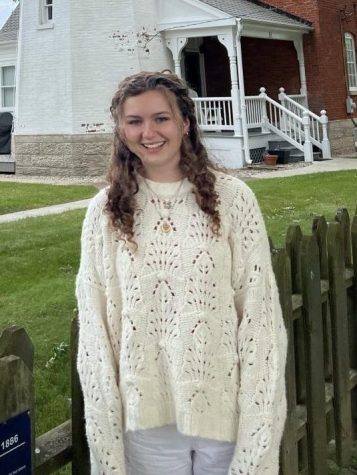
(She/her)
Malinn is a senior and excited to return to the Eagle’s Eye as an A&E editor! She is passionate about fashion, sewing, and clothes in...


